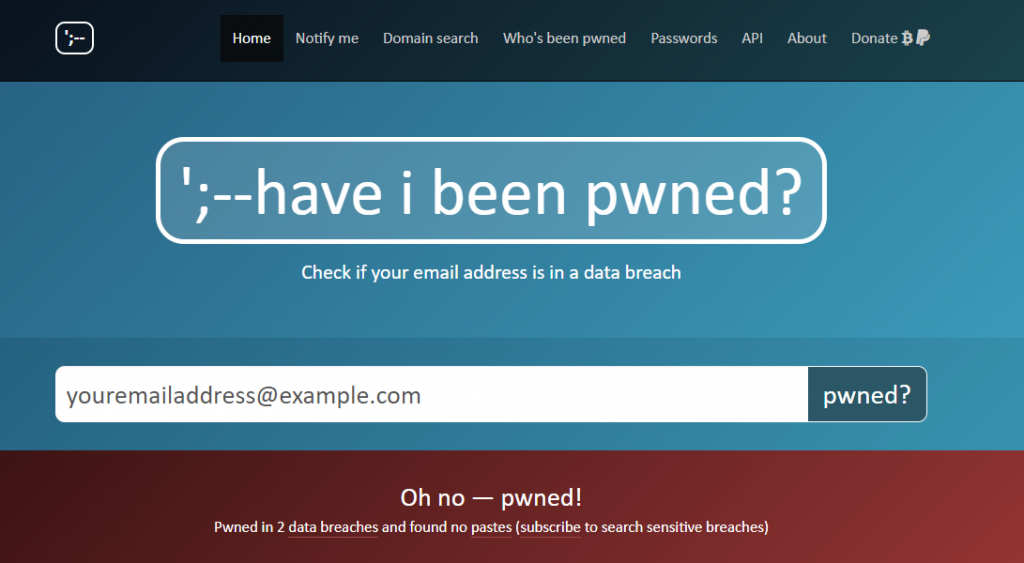On Wednesday, the FBI said in a statement that they had busted a “Ghana-based criminal enterprise,” and arrested six people leading the scam in the US from multiple states.
Out of the six, four of the leaders of the scam controlled more than 45 bank accounts with more than $55 million dollars deposited through 2013 to 2020. FBI Assistant Director-in-Charge William F. Sweeney, Jr. said:
“The scams we allege in this investigation include romance scams targeting the elderly, business e-mail compromise scams, and even fraudulent COVID-19 relief loans. In many of these and similar fraud cases, victims are reluctant to come forward because they fear embarrassment or reputational damage. Some may even believe the perpetrators are beyond our reach because they often live abroad. These arrests and indictments should serve as a reminder that the FBI and our law enforcement partners are here to help you and bring these bands of criminals to justice.”
William F. Sweeney, FBI Assistant Director-in-Charge
With such large amounts of money generated with these scams, the defendants had bought luxuries, and as mentioned by the Department of Justice of the US, four luxury cars were also seized which were bought from fraud proceeds, the cars were: two 2019 Rolls Royce Cullinans, a 2020 Bentley Continental GT, and one Mercedes-Benz G63 AMG.
Scams are unfortunately very common on the internet, there may be a few emails in your spam folder which are actually scams similar to this. If you are a victim of such scams, or of any kind whatsoever, you must report it to the appropriate agencies in your city or country, also to any company related to the scam (for example you receive spam email of someone pretending to be Google, so you can report that to Google as well).
A lot of these scams are about pretending to be someone or something else. A few of these scams may also contain malware, to infect your device and steal private information, but most of the scams follow social engineering, which is something to be careful about by yourself and no anti-virus can prevent that.
All you have to do is stay safe, don’t fall for unrealistic offers from spam email (like some random person wanting to transfer millions of dollars into your account, becoming a business partner for a non-existent multi-trillion dollar business, etc.) since they are a huge gateway onto this. Also only download content from sites you trust and do not share your personal information, even if its just your email and name on any random website, specially do not enter any credit card information on dodgy websites. You can always use a temporary email address to sign up for things you want to just give a try online, by keeping your primary email safe.
Finally, something you can do right now is to check if any of your accounts have been breached (hacked) which were made with your email address. Head over to haveibeenpwned.com and enter your email address to check if you were caught up in some data breach. If you find any breaches, your screen might look like the image below, so quickly head over to the related website/app and change your password immediately.

